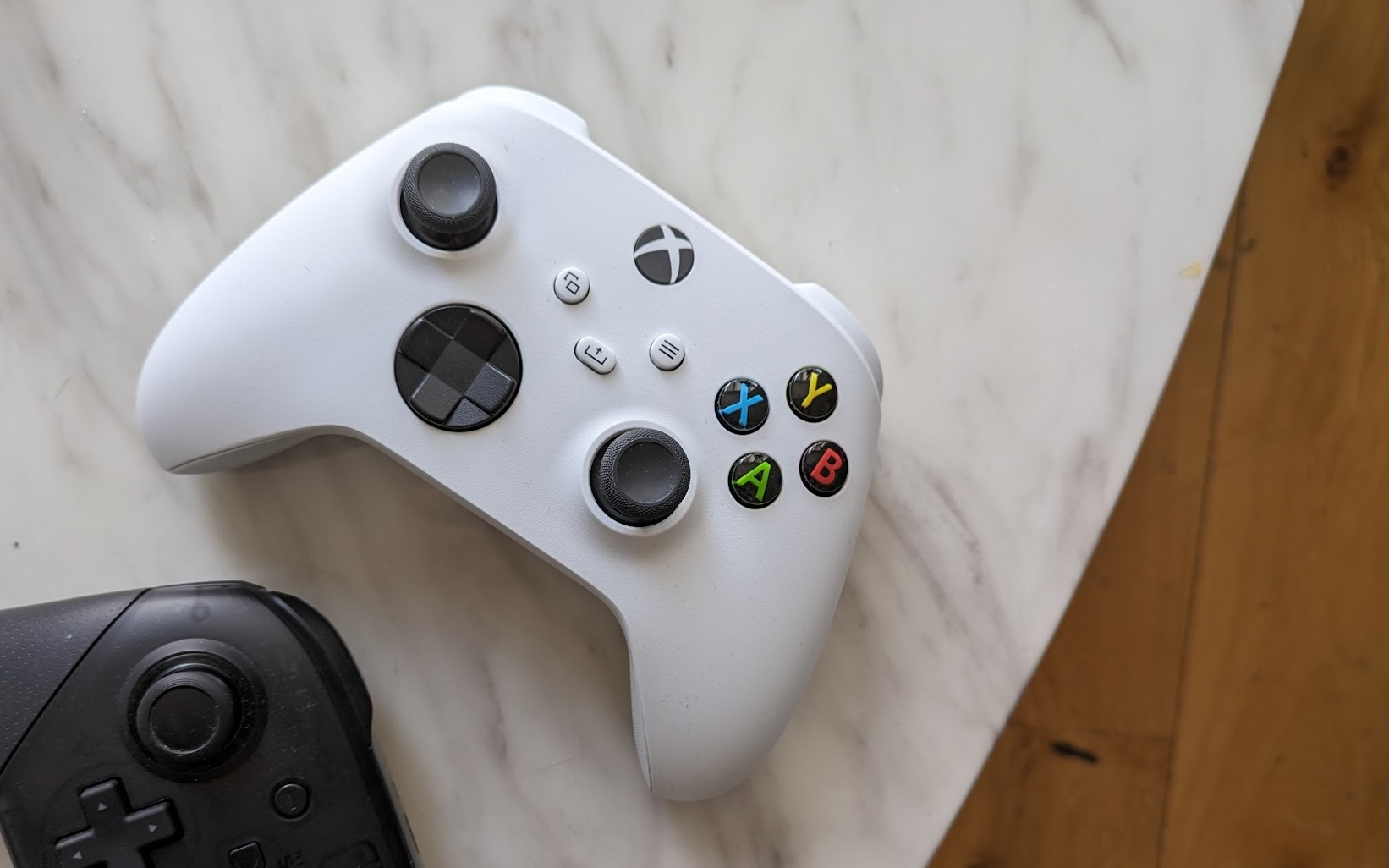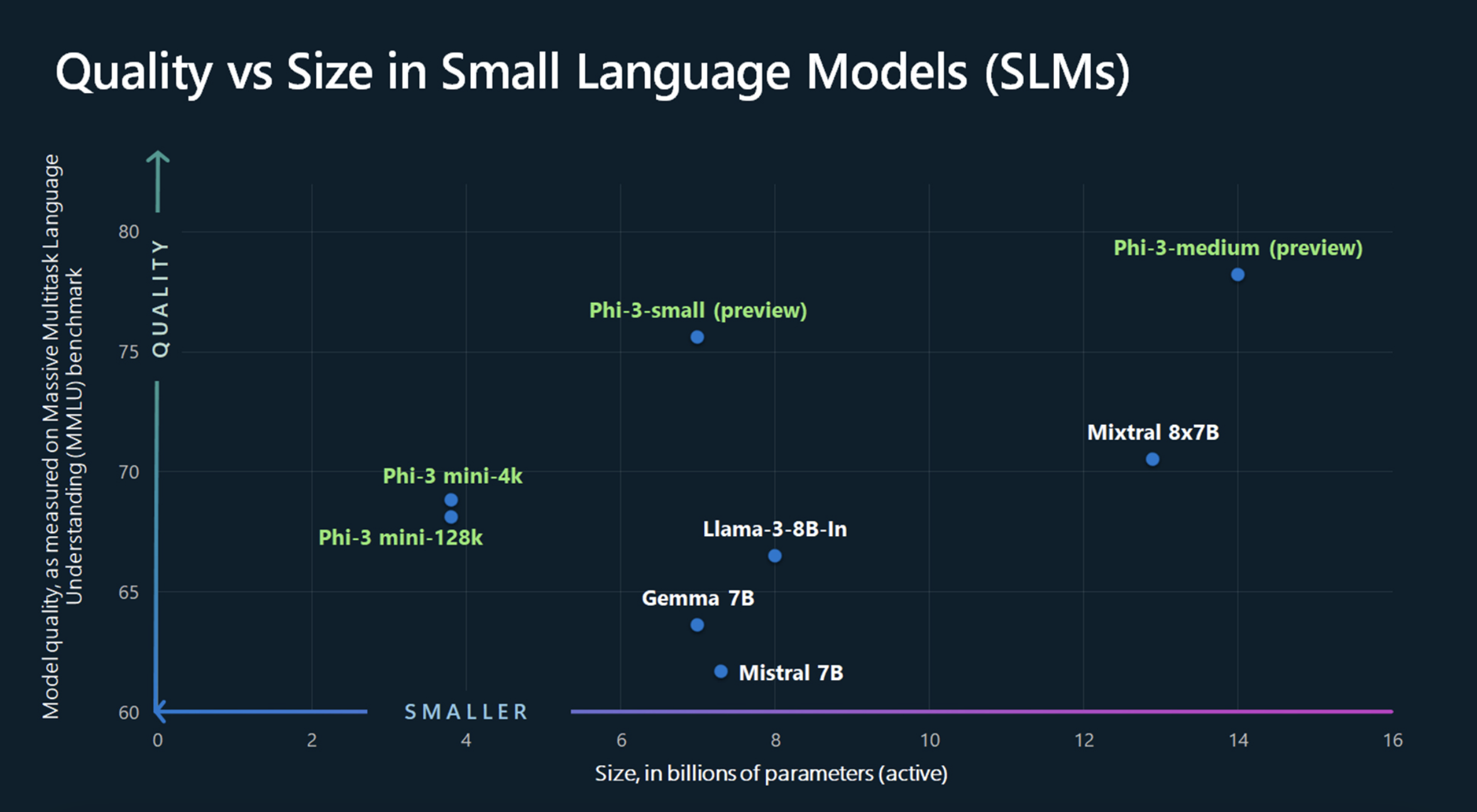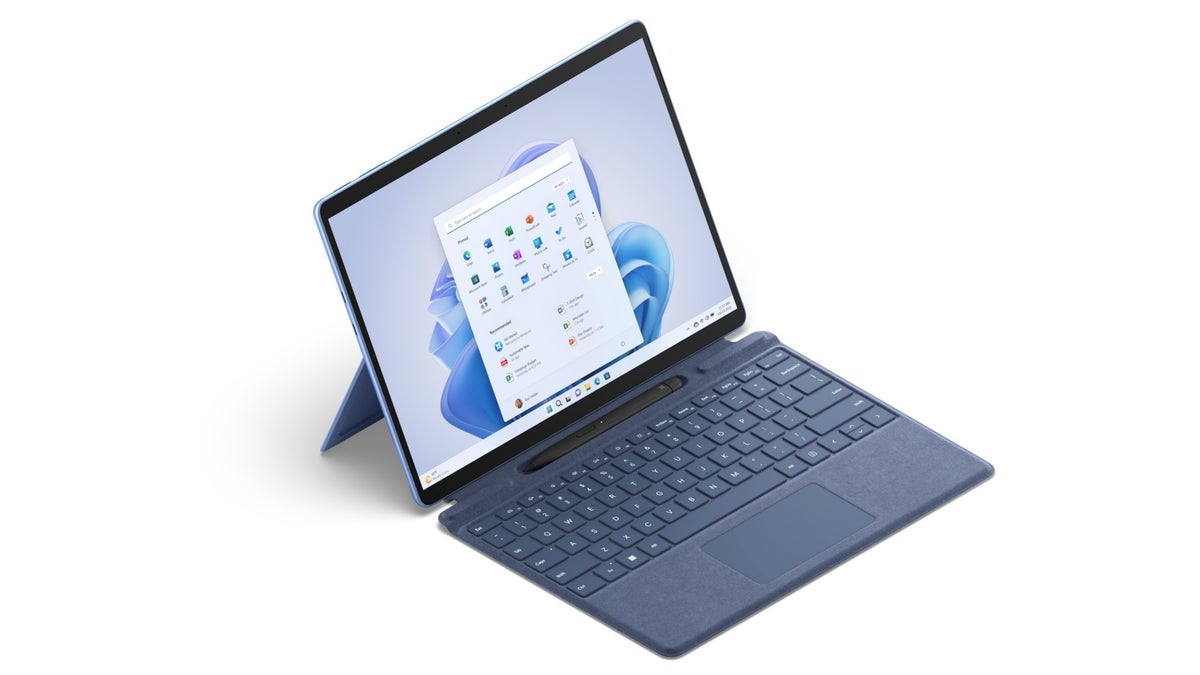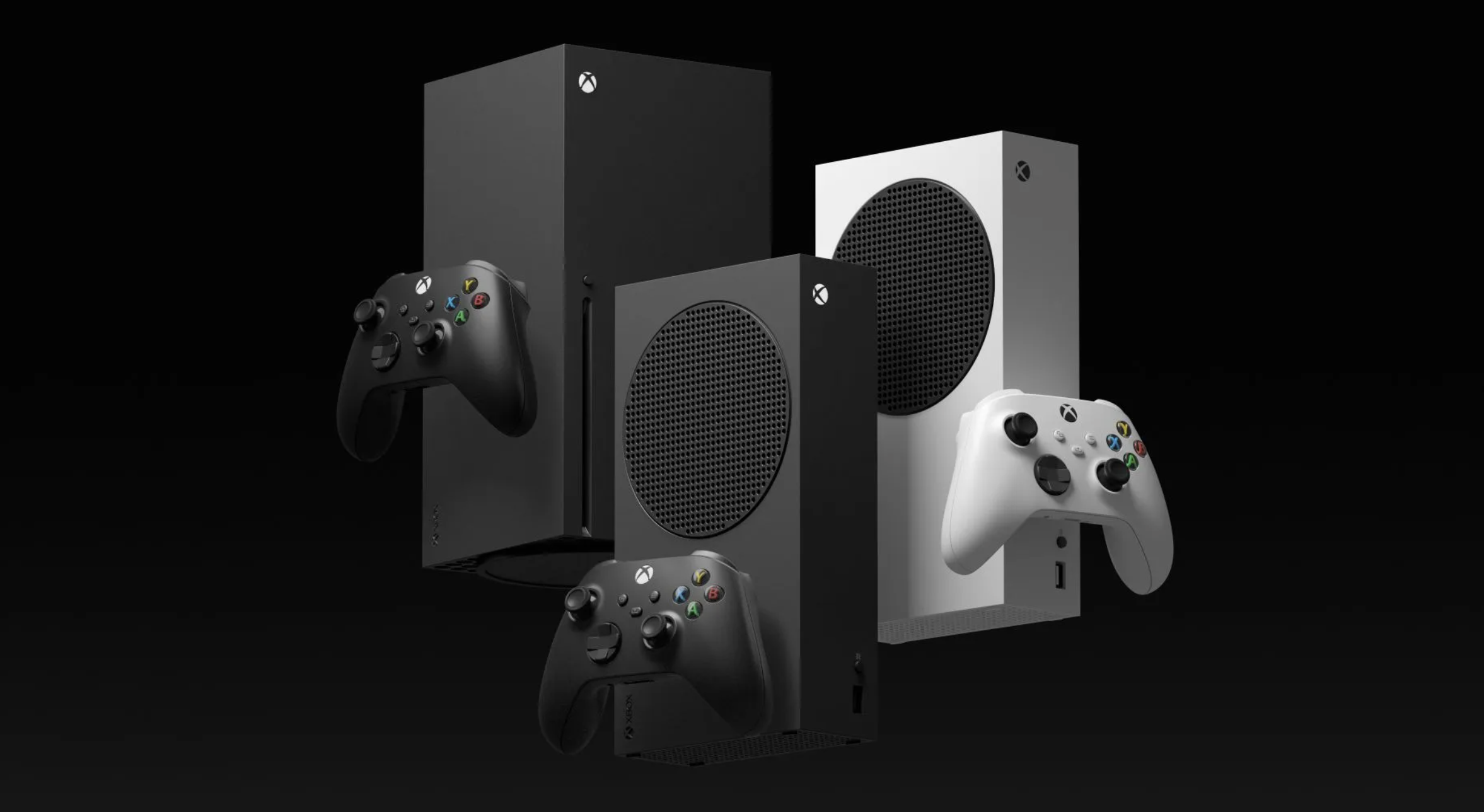
While Microsoft might have failed to create their own smartphone platform, the company has since managed to pivot its strategy. Instead of trying to compete with Apple and Google, they have "joined" them by creating apps and experiences for iOS and Android. The latest effort comes in the form of a mobile Xbox store that will launch this summer.
Back in 2023, Microsoft's Phil Spencer confirmed that they have plans to launch an alternative to the Google Play Store and Apple App Store. It looks like it didn't take the company too long to bring it to market. According to a report from Bloomberg, it quotes Xbox president Sarah Bond as confirming that the store will launch in July 2024.
According to Microsoft, the titles that will be initially available include Candy Crush and Minecraft, but obviously more will be added in the future. Also, what's interesting is how this app store will not be an app itself. Instead, Microsoft plans to use a web-based app store. This means that it will be more accessible and could open up the door to apps not just for mobile.
That being said, we have to wonder if there are simply too many third-party app stores out there right now. This can result in fragmentation, especially if developers choose to launch an app in one store and not another.

Due to the ever-evolving nature of Android, sometimes new vulnerabilities can be found. This could be due to a number of reasons, but it's something that pretty much all platforms have to deal with. Unfortunately, it looks like Android has a new app vulnerability that Android users should probably be aware of.
In a post on Microsoft's Threat Intelligence blog, the company's security researchers have uncovered a new Android app vulnerability they're calling "Dirty Stream". If it's exploited, it has the potential for malicious apps to overwrite the files in another app and gain access to that app and how it functions.
This is due to the use of the content provider system on Android. This is a system that allows apps to access data sets that are shared amongst other apps. By taking advantage of this vulnerability, a malicious app could overwrite data from a legitimate app. This in turn could allow the developers of the malicious app to gain access to potentially sensitive data. This includes data such as login credentials, for example.
Some of the apps that have been affected include Xiaomi File Manager and WPS Office. Luckily, when the vulnerability was discovered, Microsoft reached out to the developers who patched it in February. It is unclear how many more apps are affected. Hopefully developers are aware of this and are working on patching their own apps. In the meantime, as always, stay away from suspicious third-party app sites. Also, don't simply click on links you receive in emails.

The advent of new AI-based technologies including GenAI and LLMs (large language models) has no doubt resulted in big industry names pushing for continued work on everything AI. With that in mind, Microsoft recently announced its new Phi-3 family of open models. Unlike LLMs such as Gemini and ChatGPT though, the Phi-3 models are described by Microsoft as cost-effective small language models, aka SLMs.
The company says that its new Phi-3 models outperform models of the same size and even the next size up in terms of different benchmarks covering language, coding and math capabilities. According to Microsoft, this is made possible via training innovations developed by the company's researchers.

Additionally, Microsoft adds that it's making the first Phi-3 model publicly available via Phi-3-mini, which measures at 3.8 billion parameters and is able to outperform models twice its size. Phi-3 will be available in the Microsoft Azure AI Model Catalog and on Hugging Face, a platform for machine learning models, as well as Ollama, a framework for running models on a local machine. It will also be available as an NVIDIA NIM microservice with a standard API interface.
Finally, additional models to the Phi-3 family will be made available soon to offer more choice across quality and cost - these include Phi-3-small (7 billion parameters) and Phi-3-medium (14 billion parameters), which will be available in the Azure AI Model Catalog and other model gardens later on.

We don't know exactly who copied took inspiration from whom, but in an unusual turn of events, both Apple and Microsoft left their flagship tablets unupgraded last year. That's obviously unlikely to happen again this year, so it shouldn't come as a big surprise that speculation is ramping up in regards to both the next iPad Pro generation and a largely mysterious (at least until today) Surface Pro 10.
Believe it or not, the latter Windows-based powerhouse is expected to see daylight as early as March 21 by not one but two different and equally trustworthy tech publications, at least in a "commercial" variant featuring "minor spec bumps" compared to 2022's Surface Pro 9.
In this case, commercial doesn't actually mean what you may think it does, referring to a business-friendly model that will largely be unavailable to "regular" users. Those everyday consumers will need to wait a bit longer for a more radically upgraded Surface Pro 10 edition with a new high-quality OLED display in tow, as well as an ultra-wide-angle front-facing camera and a built-in NFC reader.
Perhaps more importantly, the consumer-oriented Surface Pro 10 is likely to pack unspecified ARM-based processors, thus achieving "true all-day battery life" while purportedly improving the performance of the Intel-powered Pro 9.
That sounds like an absolutely dreamy possible value proposition, but if The Verge's inside sources are correct, we might have to wait until June to see this version become a commercial reality. Unless, of course, Windows Central proves more accurate in its predictions of a March 21 announcement for both Intel and ARM-powered Surface Pro 10 variants headed to the business and consumer retail channels respectively.
All in all, there's clearly still a lot of confusion hovering over Microsoft's tablet release plans this year, so instead of going further down the gossip rabbit hole, the wise thing is probably just to give the company two more weeks to announce... something.
That something will almost certainly include a Surface Laptop 6 with ARM and Intel versions of its own as well, which sounds equally intriguing even if you're not much of a traditional laptop person.
The Surface Pro 10 and Surface Laptop 6 are also virtually guaranteed to leverage the state-of-the-art AI capabilities Microsoft is expected to add to Windows 11 later this year, so that's definitely another thing to get excited about while you take a look at our list of the best tablets available today... and quickly understand this is not the ideal time to buy anything on said list.

Microsoft's Xbox brand has been in the news a lot lately - after announcing that it will be bringing over some exclusive games for rival systems like the PS5 and Switch (not to mention a sizeable number of layoffs), it looks like we're getting a more "subdued" event of sorts with an upcoming Partner Preview presentation.
Scheduled for March 6, the Partner Preview will give Xbox fans updates about upcoming games to both Xbox and Windows. As per Microsoft's announcement:
Today, we're thrilled to announce the next Xbox Partner Preview, this time featuring a mix of new and upcoming games for you from publishers like Capcom, Nexon, EA, and others with more than a dozen new trailers over the course of a 30-minute broadcast.
During Xbox Partner Preview, you can learn more about combat and traversal in Tales of Kenzera: Zau, with a video narrated by Abubakar Salim himself, see new gameplay from Kunitsu-Gami: Path of the Goddess, get a closer look at The First Berserker: Khazan, and other great titles coming to Xbox, Windows, or Game Pass.

For those looking forward to tune in, the event will broadcast at 10am PT / 1pm ET / 6pm GMT via the official Xbox channels on YouTube and Twitch.
© 2023 YouMobile Inc. All rights reserved





